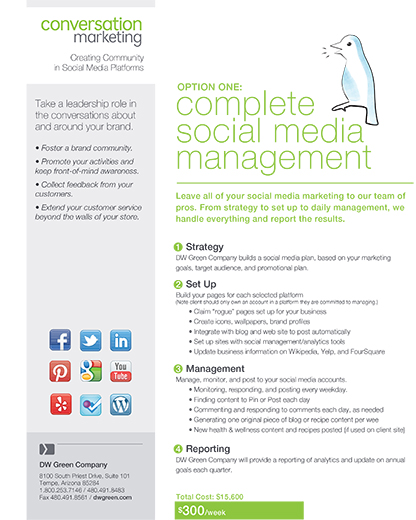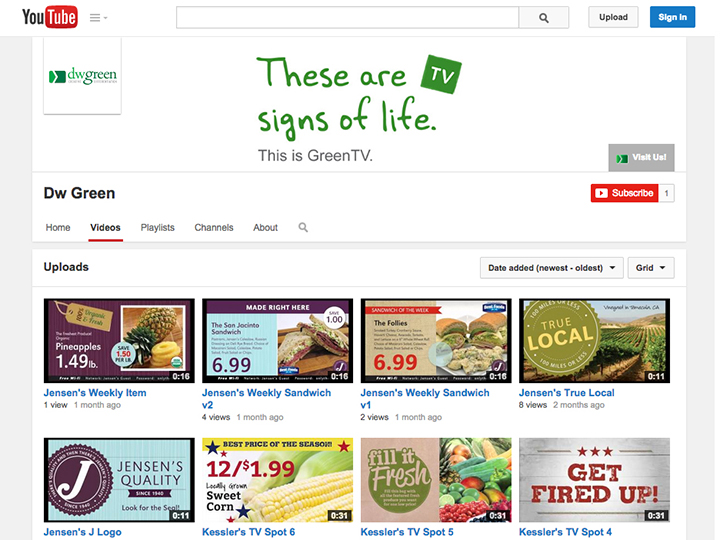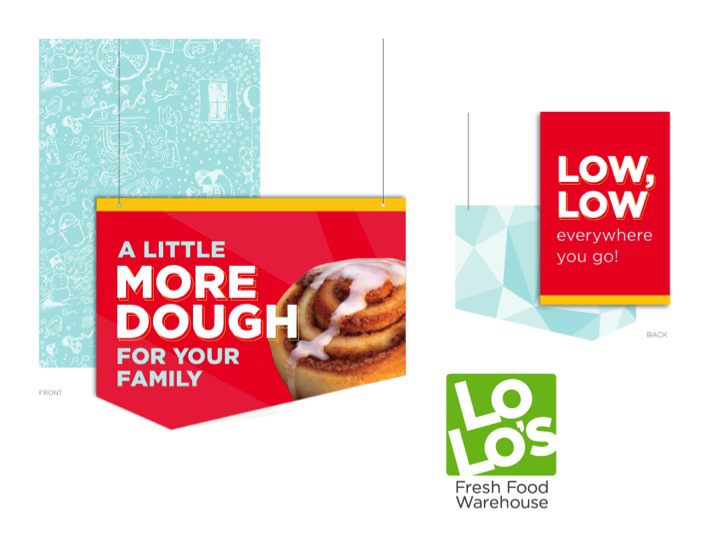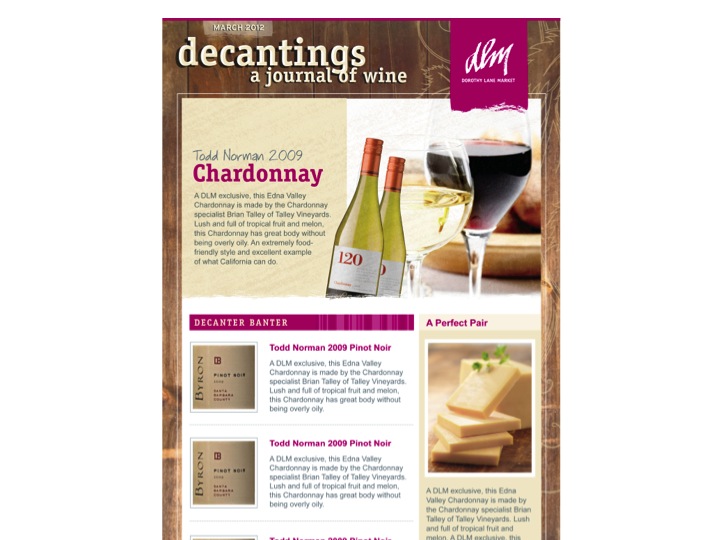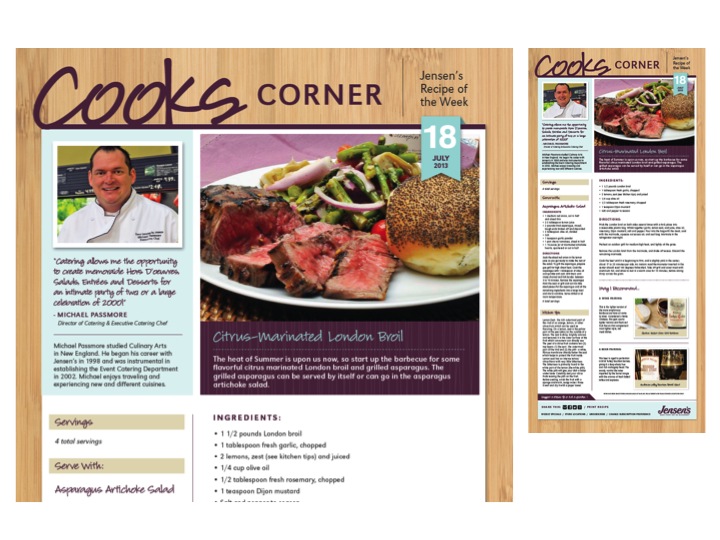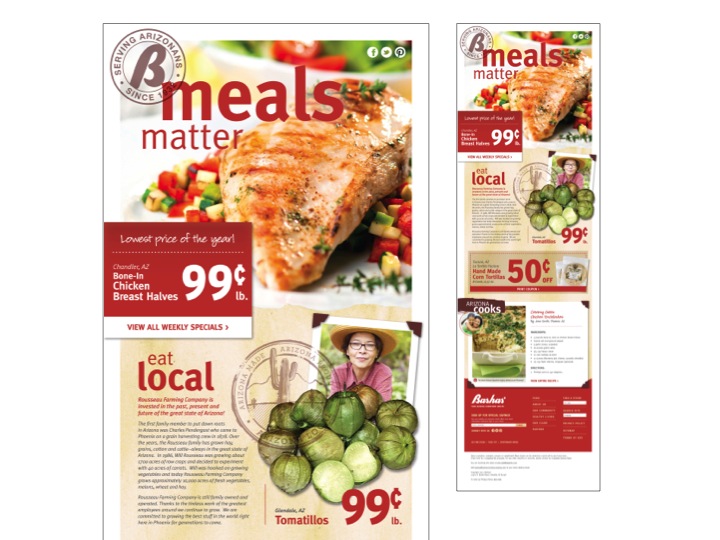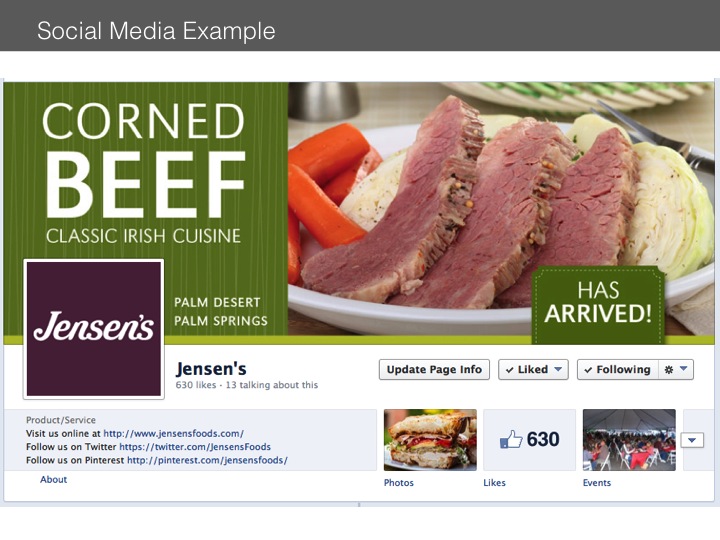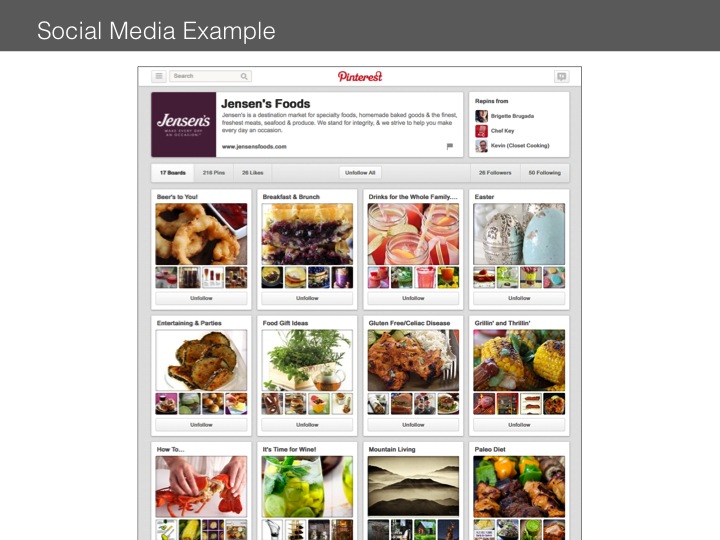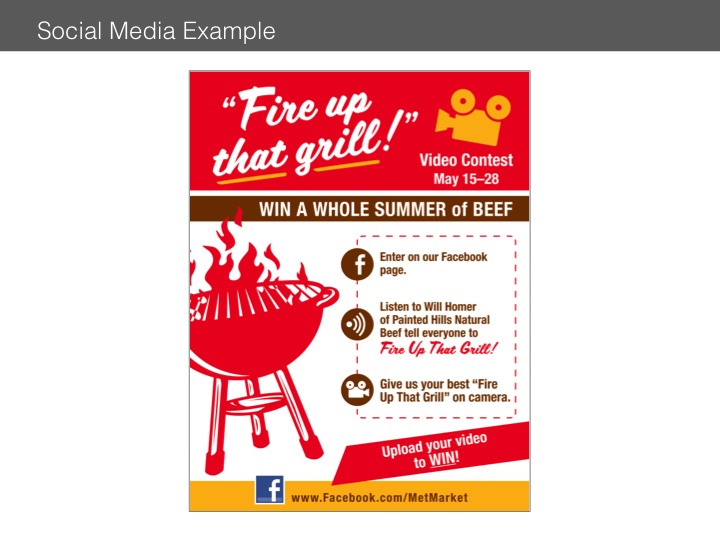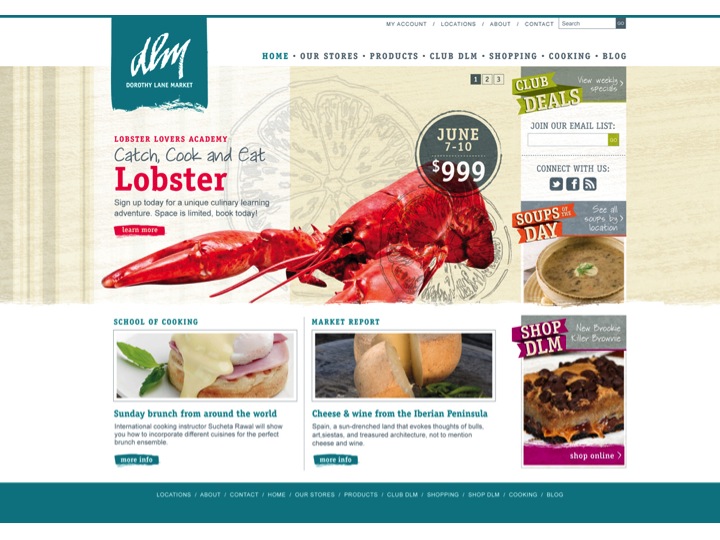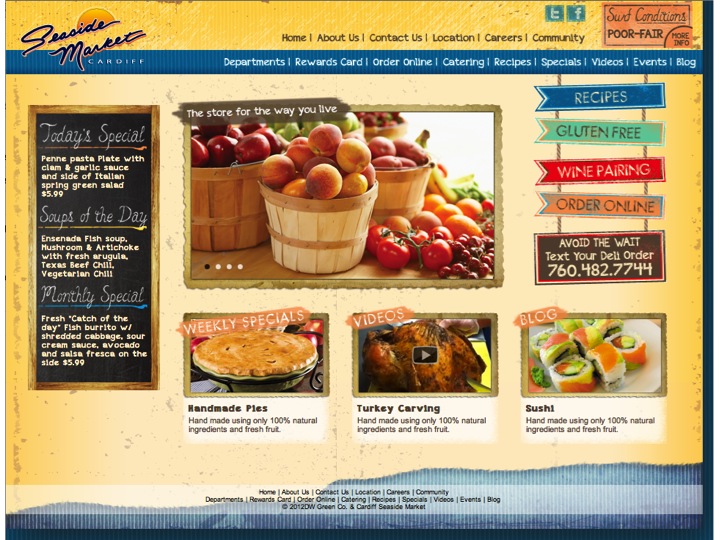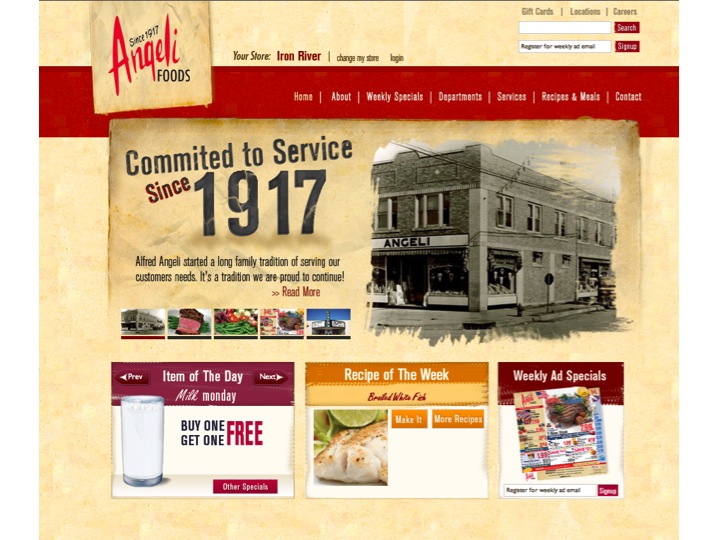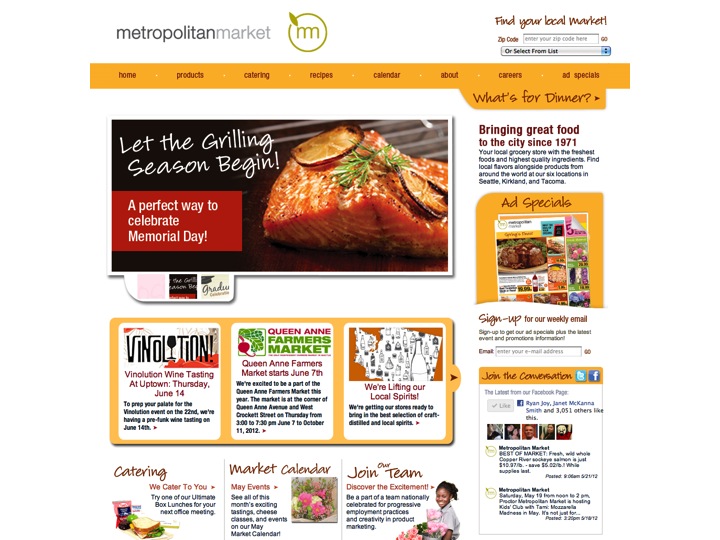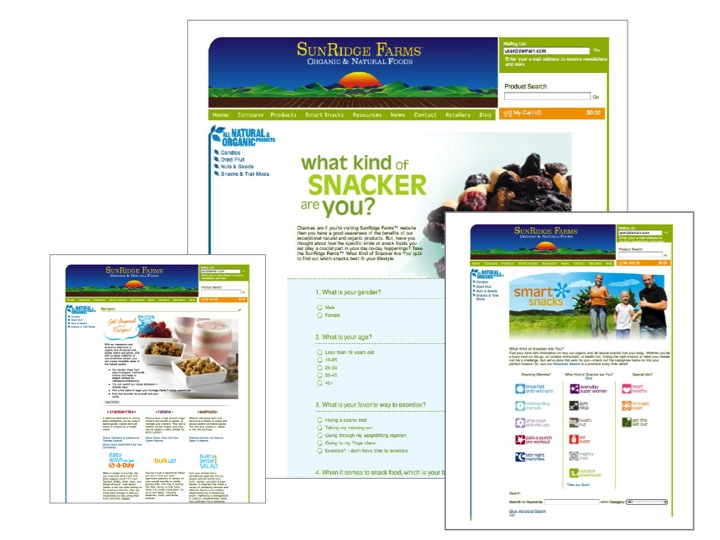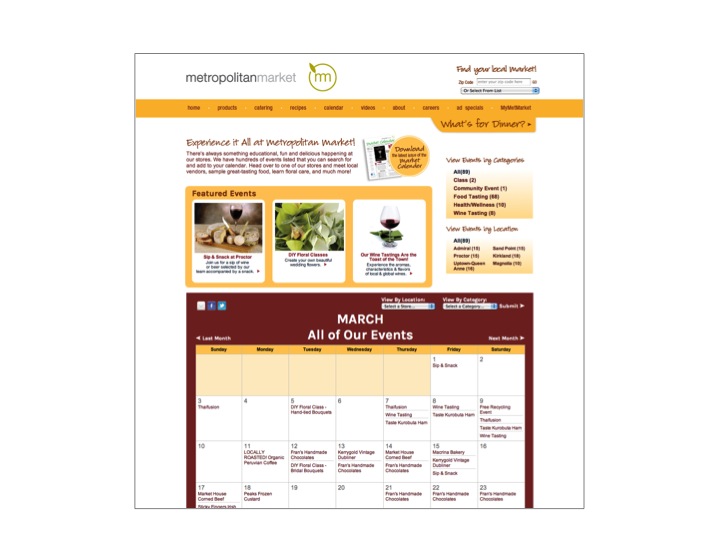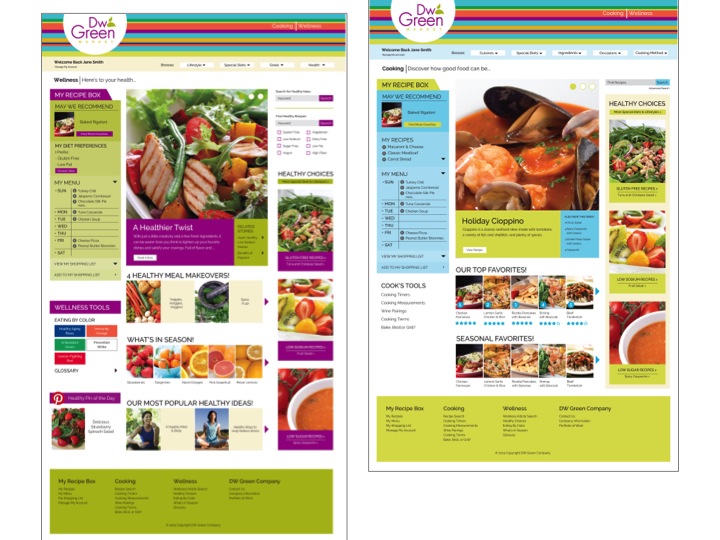DW's Blog
Leadership
by DW Green — August 6, 2015
Leadership can be thought of as a capacity to define oneself to others in a way that clarifies and expands a vision of the future. Skilled leaders accomplish great things and inspire others to grow in responsibility and skills. I believe that growth and development of people is the highest calling of leadership. Leaders give their best in whatever job they’re doing. Any of us can take on leadership roles and qualities just by doing our jobs in a dependable way and encouraging others to share in and help us in attaining a worthwhile vision.The following leadership quotes emphasize the importance of perseverance, service, and reliability.JOHN QUINCY ADAMS: If your actions inspire others to dream more, learn more, do more and become more, you are a leader.KENNETH BLANCHARD: The key to successful leadership today is influence, not authority.RALPH NADER: I start with the premise that the function of leadership is to produce more leaders, not more followers.JOHN WELCH: Good business leaders create a vision, articulate the vision, passionately own the vision, and relentlessly drive it to completion.JAMES BUCHANAN: The test of leadership is not to put greatness into humanity, but to elicit it, for the greatness is already there.I hope these leadership quotes have given you some important insights....read moreThank You
by DW Green — July 31, 2015
Sage commentary by Mr. Zack…Mr. Adam Zack. Affectionately known as Mr. Z, Beardless One or sometimes just Bob. Treating everyone with honor and respect is powerful and responsible behavior. Whether it’s a customer, a vendor, a team member, a subordinate or a superior, everyone is deserving and worthy of being treated with respect and simple kindness. Our society in general could use an infusion of respect and kindness towards each other. Even when we disagree or need to discipline, it can be done in a respectful and honorable way. Acknowledgment is another meaningful practice. “Thank you Judy for a job well done.” “Thank you Becky for that always present smile.” “Thank you Andrew for your positive and enthusiastic interaction with that customer.” “Thank you Adam for that outstanding Blog!” There are always a jillion things you can acknowledge someone for. And the cool thing is, the acknowledger always feels better about himself/herself for doing it. We’re all in the same ship traversing the sea of life. Being mindful of the golden rule in our everyday behavior and actions—make it a way of Being. Do unto others, as you would have others do unto to you....read moreFor A Guy Who Smells He Sure Is Popular
by DW Green — July 23, 2015
Humor should be a prerequisite to life’s lessons. It helps keep us sane; keeps us from taking ourselves too seriously. It calms our apprehensions and puts life’s imperfections into perspective. Humor is the diversion we need to get us through the trials and tribulations of our lives. Humor is the ability to laugh at ourselves and only to laugh with others. Humor is the defining characteristic between the pessimist and the optimist. Humor may be defined as sudden whim, but being whimsical is not all bad! Here’s one of my favorite ad themes. Sure garlic isn’t a high tonnage item, but there are many items that be tied into a garlic promotion.For A Guy Who Smells He Sure Is PopularAnd the winner, by a nose, For Most Popular Seasoning is…(drumroll please) …Garlic!” The thunderous applause from people everywhere drowns out the boos and hisses from jealous spices like oregano, cumin and tarragon. After all, garlic is hardly Mr. Congeniality, loudly announcing himself throughout the house at mealtimes, or smack in the middle of a kiss. He’s not terribly photogenic, with his short, stocky body and unkempt goatee. And he thinks he can kick any recipe in town. Is it possible that this bulbous bully has a Napoleon complex?Maybe. But despite garlic’s egocentric qualities, we have all grown to love him. After all, garlic has been adored for centuries, not only for its robust flavor, but also its magical and medicinal qualities....read moreThoughtfulness is Key to Profitability
by DW Green — July 1, 2015
Thoughtfulness. A simple enough concept; yet not always easy to practice. Once mastered, however, it is one of the greatest gifts you can give; and not just to friends and loved ones on special occasions and holidays…but to everyone, always. And, as you establish yourself as thoughtful to others, they’ll go out of their way to please you back. Thoughtfulness is a habit; internalized, it becomes a way of life, a part of our being. It’s always cool when a renowned business expert validates a belief. Here’s a short article on thoughtfulness by Tom Peter’s.Service: on Thoughtfulness
—Tom PetersI think it was the recession—the great recession, or whatever you want to call it—that really got me thinking about this. You know, when times are very tough and tough decisions have to be made, as they certainly have to be made, fundamental human decency toward one another is arguably more important than at any other time.And somehow or another, the word thoughtfulness came into my mind. And I like the word thoughtfulness. And then the next step in this process—and I’d ask you to think about this—many of you, most of you, probably have some kind of value statement. Put the employee first, put the customer first, put the shareholder first, whatever it is. And so, I am really literally asking you—it’s probably only got, like, five lines, right?—I want one of those five lines, or six lines, to say—precis...read more
The Purpose of a Business is to Get and Keep a Customer
by DW Green — June 25, 2015
In view of Adam’s Cyber Monday blog and the resistance he’s encountered with respect to its markdown, considering the program from a different perspective might prove beneficial. Very simplistically a business must produce revenue in excess of costs in sufficient quantity and with sufficient regularity to attract and hold investors in the enterprise, and must keep at least abreast and sometimes ahead of competitive offerings.There is a wonderful book, The Marketing Imagination by Theodore Levitt. It was first published in 1983. Mr. Levitt was an economist and professor at Harvard Business School. He proposed a definition for corporate purpose: Rather than merely making money, it is to create and keep a customer. His book resonated with me. I believe that a business leader’s top priority is sales and the company’s ability to attract and keep customers. Sometimes this requires selling product at or below cost.Presence
by DW Green — June 19, 2015
Listening is an extremely important quality. Being “present” in a conversation is the biggest gift you can give to another person. When someone feels that they have been “heard” they feel accepted and appreciated. We can all learn when we truly listen. The listening article below by Chris McGoff is excellent. I hope you it enjoy it as much as I do. I read it often to remind myself to be present in my conversations.Stop Listening
Make yourself available.
by Chris McGoff
My expected guest was an executive of a major enterprise and one of my most important customers. I requested the meeting with her to solicit her feedback on how my team was doing and to better understand her priorities and pressing issues—to hear how we could enhance our value to her. I also needed to ask her a favor. I had a big agenda, and the stakes were high. Too much was on the line merely to listen attentively. I was there to be a listening from nothing deeply.You have likely internalized the value of listening. I now challenge you to stop listening and start being a listening from nothing deeply. How does this differ? The changes are subtle; the shifts in behavior, small. But the response will be staggering: People...read more
Guarantees and Well-being
by DW Green — May 27, 2015
I’m an ardent proponent of product and service guarantees. A guarantee is a promise or assurance that a company will stand behind the quality of products it sells or services it performs. Guarantees build trust and loyalty with consumers. In a sense, a guarantee is a company’s commitment to the well being of its customers. Wow, what an intriguing approach to serving the customer. Imagine a conscious intention by company leaders to enhance the well-being* of a customer. Is that possible?5 Reasons Why A Guarantee Works
First, it pushes the entire company to focus on customers’ definition of good products/service, not an executive’s assumption. Second, it sets clear performance standards, which boost employees performance and morale. Third, it generates reliable data (through payouts) when performance is poor. Fourth, it forces an organization to examine its entire service-delivery system for possible failure points. Last, it builds customer loyalty, sales and market share.What is a good guarantee? It is (1) unconditional, (2) easy to understand and communicate, (3) meaningful, (4) easy and painless to invoke, and (5) easy and quick to collect on.Cheating. Fear of customers cheating is a big hurdle for some when considering offering guarantees. Sure, there will be cheats—the handful of customers who take advantage of a guarantee to get something for nothing. What they cost the company amounts to very little compared to the benefits derived from ...read moreFaith And Well-Being
by DW Green — May 14, 2015
Faith is our sixth core value. Faith can be a difficult word to explain and define. Heck, even Dictionary.com has seven definitions. All of which express a piece of the essence of faith.- confidence or trust in a person or thing:
faith in another’s ability. - belief that is not based on proof:
he had faith that the hypothesis would be substantiated by fact. - belief in God or in the doctrines or teachings of religion:
the firm faith of the Pilgrims. - belief in anything, as a code of ethics, standards of merit, etc.:
to be of the same faith with someone concerning honesty. - a system of religious belief:
the Christian faith; the Jewish faith. - the obligation of loyalty or fidelity to a person, promise, engagement, etc.:
failure to appear would be breaking faith. - the observance of this obligation; fidelity to one’s promise, oath, allegiance, etc.:
he was the only one who proved his faith during our recent troubles.




